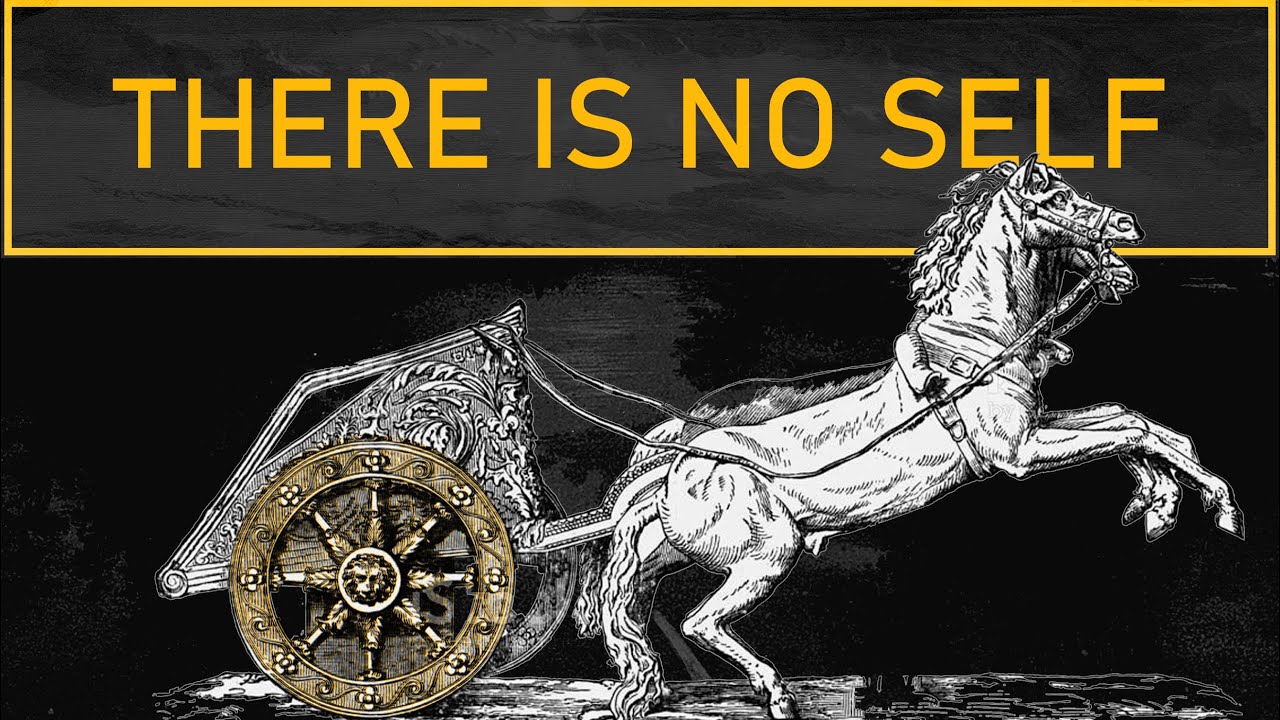Is there any survival after death? | J. Krishnamurti
Summary
TLDRIn this profound dialogue, the speaker challenges the notion of individual identity and explores the concept of collective consciousness. Addressing questions about life after death, the speaker proposes that what we consider to be our 'individual self' is simply a product of cultural conditioning. Death, in this view, is not an end but a continuation of the collective consciousness. The speaker emphasizes that fear of death arises from attachment to individual identity, and true freedom comes through realizing our interconnectedness with humanity. Love and compassion transcend death, offering a path to spiritual enlightenment beyond intellectual knowledge.
Takeaways
- 😀 Death is not about the survival of the individual, but the continuation of the collective human consciousness.
- 😀 Our sense of individuality is an illusion shaped by culture, memory, and social conditioning.
- 😀 Fear of death arises from attachment to the ego and the illusion of being separate from others.
- 😀 Love and compassion transcend death and are not bound by the limitations of the individual self.
- 😀 The consciousness we experience is shared by all of mankind, and not truly individual.
- 😀 The concept of 'me' is rooted in external factors such as family, culture, and beliefs, not in an inherent individual essence.
- 😀 True self-understanding comes from introspection and realizing that we are part of the collective human experience.
- 😀 The brain, influenced by evolution, responds in ways that are common to all humans, not just the individual.
- 😀 To truly understand ourselves, we must read the 'book' of our own lives—this requires deep, non-contradicted awareness.
- 😀 No external authority (guru, master, or scholar) can teach you to understand your true self; it is a personal journey.
- 😀 The fear of death diminishes when one realizes that love and compassion have no end, offering a higher form of illumination.
Q & A
What is the main question posed in the transcript regarding death?
-The main question posed is whether there is any survival after death, especially when a person dies full of attachments, regrets, and sorrow. The speaker delves into the nature of death and the human consciousness associated with it.
How does the speaker describe human consciousness?
-The speaker explains that human consciousness is not individual but rather the collective consciousness of mankind. It is shaped by common experiences, knowledge, memories, and cultural conditioning across generations.
What does the speaker mean when they say that 'you are not an individual'?
-The speaker challenges the idea of individuality, asserting that a person is not separate from others but is influenced by the shared human consciousness, shaped by culture, upbringing, and external factors.
What is the relationship between attachments, regrets, and death in the speaker's view?
-The speaker suggests that attachments and regrets are part of the personal consciousness that dies with the body. However, the collective consciousness, which transcends individual experiences, continues beyond death.
Why does the speaker say that death has little meaning once the truth of shared consciousness is realized?
-Once an individual realizes that their consciousness is part of the collective human consciousness, death loses its fear and significance. Death is no longer a personal loss but a transition, as the essence of consciousness continues beyond individual life.
What does the speaker say about the fear of death?
-The fear of death arises when a person identifies too strongly with their individuality, which is shaped by personal experiences, beliefs, and attachments. When these illusions are dissolved, there is no fear of death.
How does the speaker describe love in the context of death?
-The speaker explains that love, unlike individual identity, knows no death. True love and compassion transcend mortality, and those who embody these qualities are not afraid of death.
What does the speaker mean by 'reading the book'?
-The 'book' refers to an individual's life and consciousness, which must be carefully examined and understood. This self-reflection is the true path to enlightenment, and it cannot be taught by others—each person must read and understand their own life.
How does the speaker differentiate between knowledge from books and self-awareness?
-The speaker emphasizes that most people live through ideas and beliefs learned from external sources, such as books or gurus, without fully understanding themselves. True self-awareness comes from direct personal engagement with one's own consciousness and life experience.
What is the significance of the statement 'love knows no death'?
-This statement suggests that love and compassion are beyond the realm of mortality. While individual life may end, the essence of love transcends time and death, remaining eternal and unaffected by the physical demise of the individual.
Outlines

このセクションは有料ユーザー限定です。 アクセスするには、アップグレードをお願いします。
今すぐアップグレードMindmap

このセクションは有料ユーザー限定です。 アクセスするには、アップグレードをお願いします。
今すぐアップグレードKeywords

このセクションは有料ユーザー限定です。 アクセスするには、アップグレードをお願いします。
今すぐアップグレードHighlights

このセクションは有料ユーザー限定です。 アクセスするには、アップグレードをお願いします。
今すぐアップグレードTranscripts

このセクションは有料ユーザー限定です。 アクセスするには、アップグレードをお願いします。
今すぐアップグレード5.0 / 5 (0 votes)






